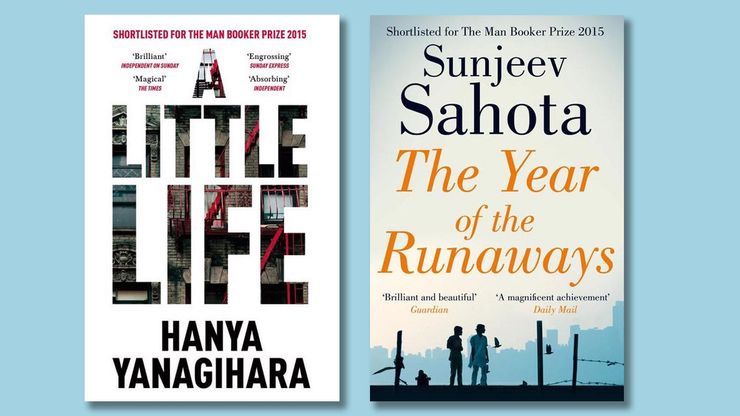Synopsis
Shortlisted for the Man Booker Prize.
Sweeping between India and England, from childhood and the present day. Sunjeev Sahota's unforgettable novel about illegal immigrants is a story of dignity in the face of adversity. For fans of Rohinton Mistry's A Fine Balance.
'The Grapes of Wrath for the 21st century' – Washington Post
The Year of the Runaways tells of the bold dreams and daily struggles of an unlikely family thrown together by circumstance.
Thirteen young men live in a house in Sheffield, each in flight from India and in desperate search of a new life. Tarlochan, a former rickshaw driver, will say nothing about his past in Bihar. Avtar has a secret that binds him to protect the chaotic Randeep. Randeep, in turn, has a visa-wife in a flat on the other side of town: a clever, devout woman whose cupboards are full of her husband's clothes, in case the immigration men surprise her with a call.
'A writer who knows how to make you stay up late at night to learn what happens next . . . a brilliant and beautiful novel' – author of Home Fire, Kamila Shamsie, Guardian
Details
Reviews
Sahota is a writer who knows how to turn a phrase, how to light up a scene, how to make you stay up late at night to learn what happens next. The Year of the Runaways is a brilliant and beautiful novel.
Writing with unsentimental candor, Mr. Sahota has created a cast of characters whose lives are so richly imagined that this deeply affecting novel calls out for a sequel or follow-up that might recount the next installment of their lives.
An ideal antidote to a year of reductive discussions of immigration, Sunjeev Sahota's novel takes you deep into the lives of a group of Indian labourers thrown together in Sheffield . . . its lyrical prose and ability to immerse the reader in the experiences of a hidden community in Britain
The Grapes of Wrath for the 21st century . . . the great marvel of this book is its absolute refusal to grasp at anything larger than the hopes and humiliations of these few marginal people.



